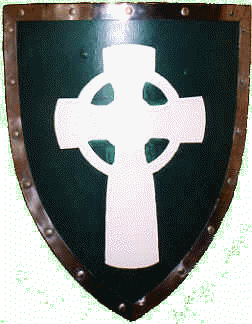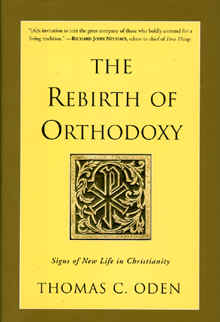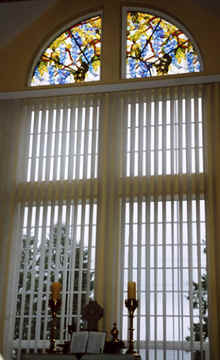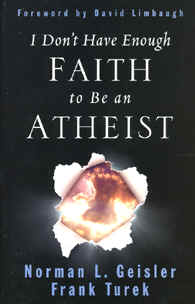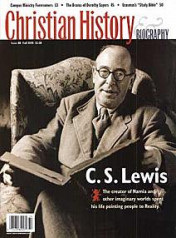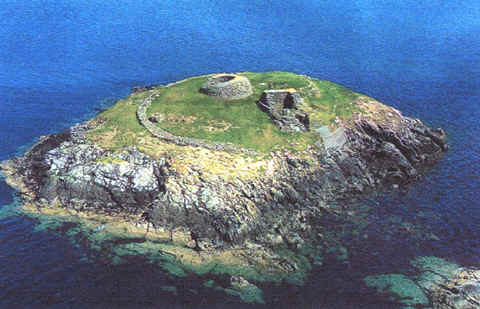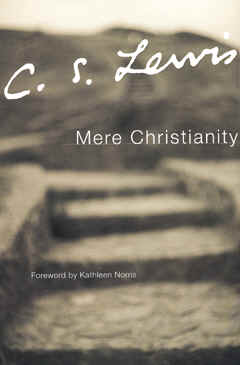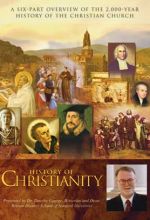
“I pray because I can’t help myself. I pray because I’m helpless. I pray because the need flows out of me all the time, waking and sleeping.”


“Blessed be God, who has not turned away my prayer,
or his mercy from me.”
-Psalm 66:20
Below are Excerpts from C.S. Lewis’ Essay:
“Modern Theology and Biblical Criticism.”
Lewis read this Essay at Westcott House, Cambridge, on 11 May 1959.
Published under this title in Christian Reflections (1981), it is now included in Fern-Seed and Elephants (1998).


C.S. Lewis wrote more than thirty books,
allowing him to reach a vast audience,
and his works continue to attract tens of thousands of new readers every year.
He was the most popular and best-selling Theologian of the entire Twentieth Century;
an amazing fact considering that technically, he wasn’t a Theologian at all,
but an Oxford Professor of Medieval and Renaissance Literature.
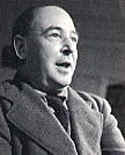
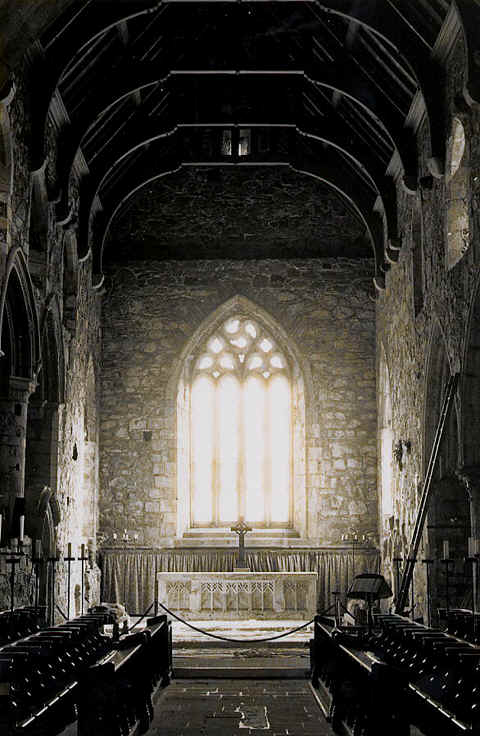



“All theology of the liberal type involves at some point – and often involves throughout – the claim that the real behavior and purpose and teaching of Christ came very rapidly to be misunderstood and misrepresented by his followers, and has been recovered or exhumed only by modern scholars.
“…And yet they would often sound – if you didn’t know the truth – extremely convincing.
Many reviewers suggested that the Ring in Tolkien’s The Lord of the Rings was suggested by the atom bomb. What could be more plausible?
Here is a book published when everyone was preoccupied by that sinister invention; here in the centre of the book is a weapon which it seems madness to throw away yet fatal to use.
Yet in fact, the chronology of the book’s composition makes the theory impossible.
Only the other week a reviewer said that a fairy-tale by my friend Roger Lancelyn Green was influenced by fairy-tales of mine. Nothing could be more probable.
I have an imaginary country with a beneficent lion in it; Green, one with a beneficent tiger. Green and I can be proved to read one another’s works; to be indeed in various ways closely associated.
The case for an affiliation is far stronger than many which we accept as conclusive when dead authors are concerned. But it’s all untrue nevertheless. I know the genesis of that Tiger and that Lion and they are quite independent.
Now this surely ought to give us pause.
The reconstruction of the history of a text, when the text is ancient, sounds very convincing. But one is after all sailing by dead reckoning; the results cannot be checked by fact.
In order to decide how reliable the method is, what more could you ask for than to be shown an instance where the same method is at work and we have facts to check it by?
Well, that is what I have done. And we find, that when this check is available, the results are either always, or else nearly always, wrong.
The ‘assured results of modern scholarship’ as to the way in which an old book was written, are ‘assured’, we may conclude, only because the men who know the facts are dead and can’t blow the gaff.
…We think that different elements in this sort of theology have different degrees of strength. The nearer it sticks to mere textual criticism, of the old sort, Lachmann’s sort, the more we are disposed to believe in it. And of course, we agree that passages almost verbally identical cannot be independent.
It is as we glide away from this into reconstructions of a subtler and more ambitious kind that our faith in the method waivers; and our faith in Christianity is proportionally corroborated.
The sort of statement that arouses our deepest skepticism is the statement that something in a Gospel cannot be historical because it shows a theology or an ecclesiology too developed for so early a date.
For this implies that we know, first of all, that there was any development in the matter, and secondly, how quickly it proceeded. It even implies an extraordinary homogeneity and continuity of development: implicitly denies that anyone could have greatly anticipated anyone else.
This seems to involve knowing about a number of long dead people – for the early Christians were, after all, people – things of which I believe few of us could have given an accurate account if we had lived among them; all the forward and backward surge of discussion, preaching, and individual religious experience.
Such are the reactions of one bleating layman to Modern Theology.
It is right that you should hear them. You will not perhaps hear them very often again. Your parishioners will not often speak to you quite frankly.
Once the layman was anxious to hide the fact that he believed so much less than the vicar; now he tends to hide the fact that he believes so much more.
Missionary to the priests of one’s own church is an embarrassing role; though I have a horrid feeling that if such mission work is not soon undertaken the future history of the Church of England is likely to be short.
SAyingS Of the dESErt FAtHERS ( AbbA JOHn & AbbA AntHOny ) :
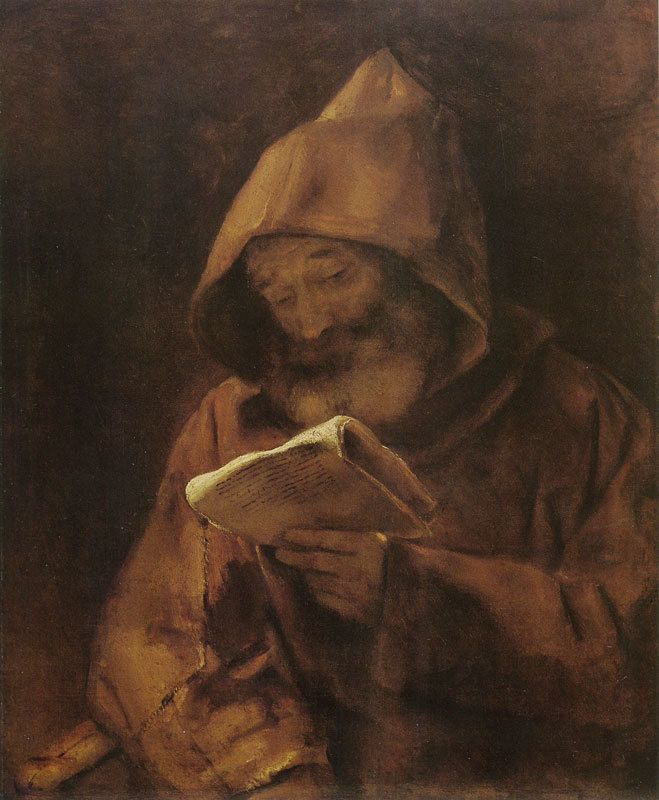
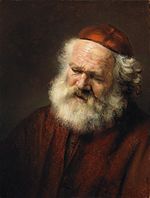
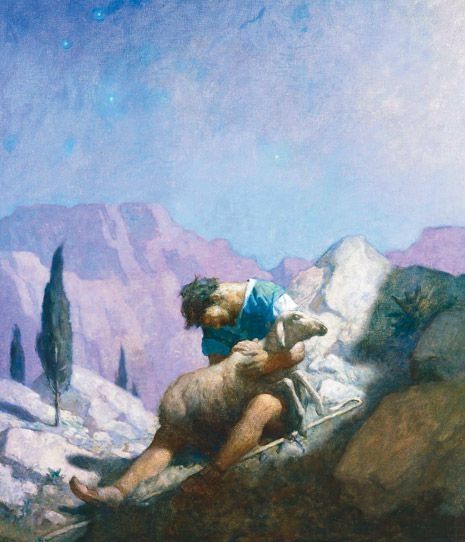
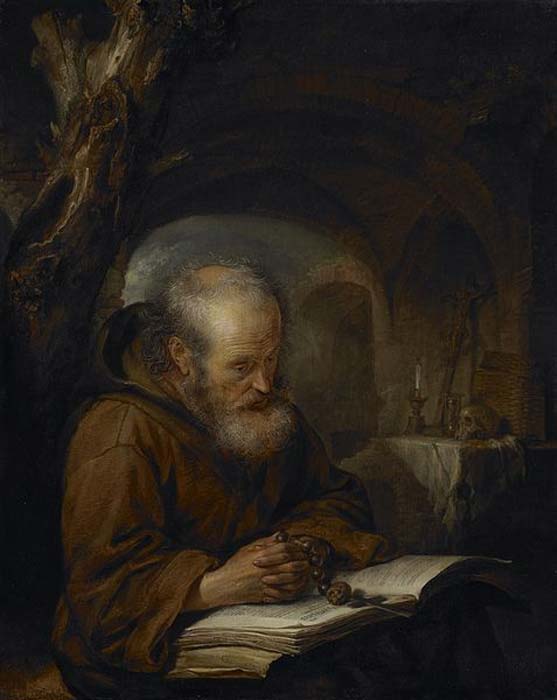


“When one Desert Father told another of his plans to: ‘shut himself into his cell and refuse the face of men, that he might perfect himself,’
the second monk replied,
‘Unless you first amend your life while going to and fro among others, you shall not succeed at amending it by dwelling alone.”
____________________
“A Brother heard Abba John tell another young Brother, ‘A Monk is toil.
Monks toil in everything they do.
It is what a Monk is.‘”
____________________
“They asked an old man to explain what humility is.
‘It is a great work; a work of God,’ he answered. The way of humility is to labor, and realize you are a sinner, and make yourself subject to all.”
A Brother then asked, ‘And what does that mean, to be subject to all?’
‘It is to not pay attention to other people’s sins,’ the older man replied, ‘but to always be aware of your own sins, and to pray to God without ceasing.'”
____________________
“Abba Anthony said,
‘Whoever hammers a lump of iron, first decides what he is going to make of it: a scythe, a sword, or an axe.
Even so we ought to make up our minds what kind of virtue we want to forge, or we labor in vain.'”
____________________
-Sayings of the Desert Fathers
This Website: PrayerFoundation Evangelical Lay Monks ™ Built by: S.G. Preston Ministries ™
Copyright © 1999-2024 S.G. Preston. All Rights Reserved.
Photos & Text Copyright © 1999-2024 S.G. Preston. All Rights Reserved.
